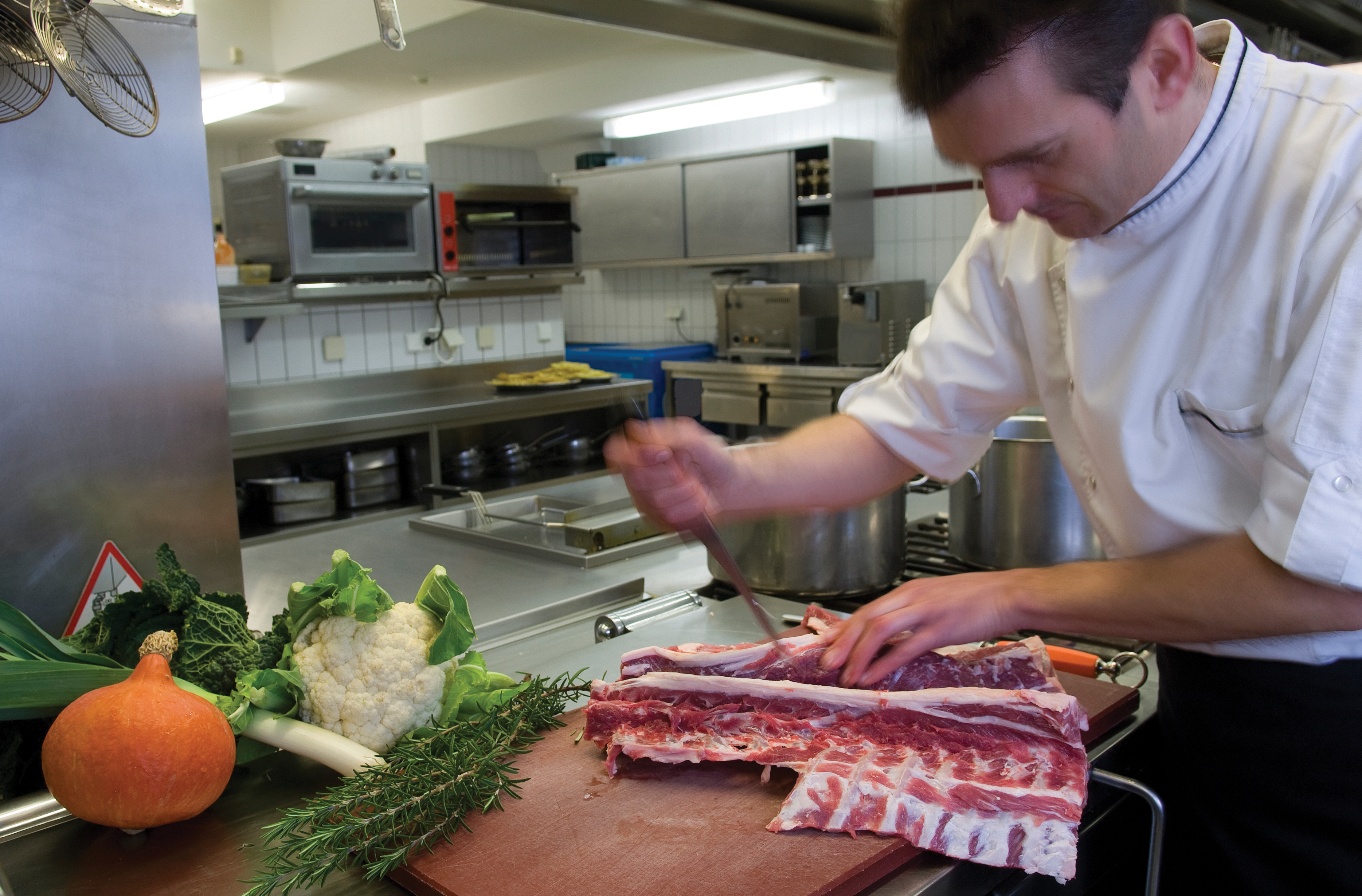In this article, Philip Simpson, commercial director at ReFood, discusses why food waste disposal shouldn’t add to the mounting corporate headache for hospitality businesses across the UK.
According to insight from recruitment platform Adia, the UK hospitality industry is worth an estimated £100bn. There are now more than 200,000 firms providing accommodation and food services activities nationwide (growing 20% over the past five years), while the industry collectively employs some three million members of staff.
However, while the picture may appear rosy on the surface, dig a little deeper and there are clear challenges on the horizon. For example, 2019 has been a bad year for bar and restaurant bankruptcies, while profits of the top 100 hospitality groups have fallen by a collective 67%. In addition, 330,000 staff are considering leaving the UK due to Brexit and a reported 1 in 5 restaurant managers are concerned about fulfilling staffing requirements in the face of increasing wages and flexible working demands.
So, rather than continuing its upward trajectory, the sector is set to experience significant pressure. It’s a time where every penny counts and managing overheads must be the key priority. It’s therefore shocking to find that the sector generates more than one million tonnes of food waste every year, coming at an estimated cost of £3 billion. Of this colossal volume, 75% is said to be completely avoidable.
The industry’s supersized problem
The hospitality industry is a primary contributor to the UK’s food waste stream – accountable for nearly 10% of annual volumes. To put it another way, waste from the sector would fill approximately 11.5m standard wheelie bins (240 litres). If we had to store them, they would fill Regent’s Park, Hyde Park, Battersea Park and Kensington Gardens.
But if we could successfully tackle this mountain, the benefits would be significant. Firstly, we could save money (more than £8,000 per restaurant, according to the latest figures). Secondly, we could divert highly valuable resources away from landfill.
Tackling the issue head-on
Embracing a more strategic approach to waste management is both simple and cost-effective. For those operating in the sector, it simply takes a change in mindset to make a real difference.
It’s essential to keep waste in mind at every stage of food procurement, portioning, storage, preparation and delivery. The first port of call for those looking to make changes, is to review their current procedures and to identify opportunities for waste savings. This not only reduces food waste but can have a significant impact on the bottom line.
Organisations such as WRAP are doing a lot to support the industry to change their attitude to food waste by encouraging pub operators, restaurateurs and caterers to start the journey to eliminate food waste.
Once opportunities to make waste savings have been identified and acted upon, the next step is reviewing how the remaining food waste can be sustainably disposed of. Again, this is mostly a case of a change in mindset, whereby the industry views leftover food as a valuable resource as opposed to simply waste. At ReFood, by providing a dedicated food waste collection and recycling service, we can help businesses deliver significant savings, cutting waste costs by as much as 50%.
As with most food retail and preparation businesses, getting people to put waste into the right bins is probably the biggest challenge. To increase efficiencies and allow staff to separate at source, we run a simple ‘bin swap’ service – where full-size, sanitised bins are supplied for use in kitchen areas and food service outlets, to ensure all waste is collected at source.
Once full, bins are collected and replaced with empty, sanitised replacements. By doing so, food waste recycling is made more straightforward for staff. What’s more, there is no risk of smelly, overflowing bins.
Food waste reduction in action
One example of a hospitality business successfully embracing food waste recycling to deliver significant results is The Savoy in London.
As one of the world’s most iconic hotels, when it comes to sustainable practices The Savoy is also one of the best. Almost half a million meals are served in its restaurants each year, so an effective food waste strategy was deemed essential.
Following a successful trial, ReFood’s food waste collection and recycling service was rolled out, contributing to a near perfect 100% waste diversion and recycling rate. Testimony to this is the fact The Savoy has won an SRA award for ‘Best Food Waste Strategy.’
Debra Patterson, Sustainability Manager at The Savoy, commented: “ReFood supported our objectives to divert excess food waste away from landfill providing a flexible, safe and sustainable solution. Additionally, the service fits seamlessly with our existing operational structure, saving money and leading to some very impressive results.”
Looking to the future
There are huge financial benefits possible by considering waste at every stage of food management and the case for a change in attitude is incredibly strong. With significant improvements possible with just small process improvements, the sector is in a prime position to benefit.
It’s a win:win for hard pressed pubs, restaurants and caterers – and the environment. Businesses can actually save significant amounts of money, while reducing waste.”

